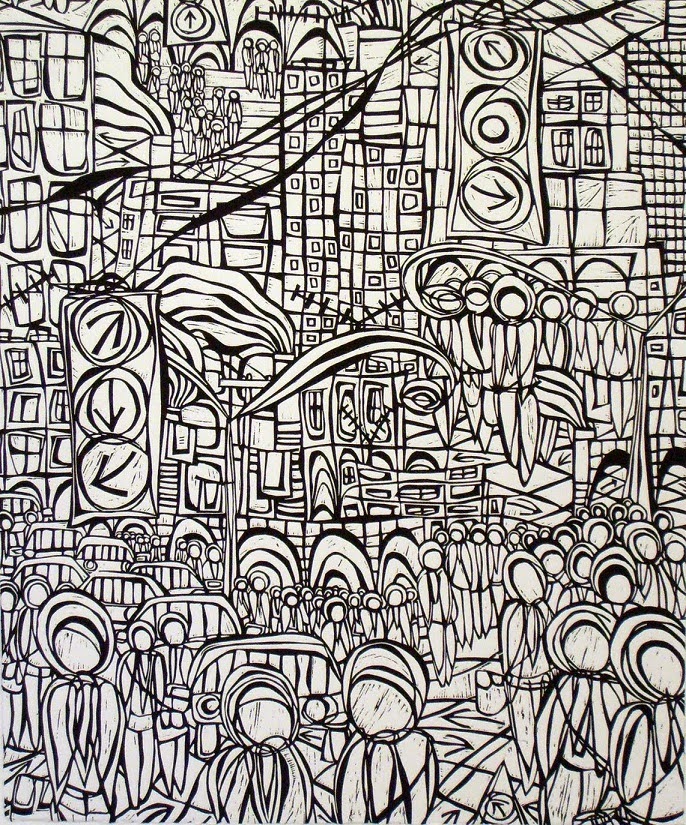Every day we experience a small miracle. Last week, on our way to Torquay, the driver lost his bearings and we accidently parked up in Paignton, a small neighbouring town. As we got onto the high street, we realised we were in the wrong place! I rushed to the car park to fetch the van while the rest of the team waited on the street corner. One of our budding monks, Nikhil, was convinced we had come there for a reason (he was the driver who brought us to the wrong place!). In his two-minute ‘window of opportunity’ he decided to approach the first pedestrian and explain what we were doing.
As he turned to a random passer-by, the man stopped almost instantaneously. “We are the monks, traveling the country and teaching people about meditation and spirituality” Nikhil said. With a sparkle in his eye and a look of disbelief the man replied: “Amazing! I’ve been looking for you guys!” He went on to explain how he had received one of our books, read it cover to cover, and begun practicing mantra meditation… all by himself. He has never had any contact with a Hare Krishna community, temple, or practicing devotee. He simply read the book, became convinced and proceeded to string his own beads. Now he carries those beads with him everywhere he goes, quietly whispering the Hare Krishna mantra to himself.
So there was indeed a reason why we stopped in Paignton that day. A miraculous meeting, likely orchestrated by providence. Here’s a short interview with James, without doubt a very special soul:
































